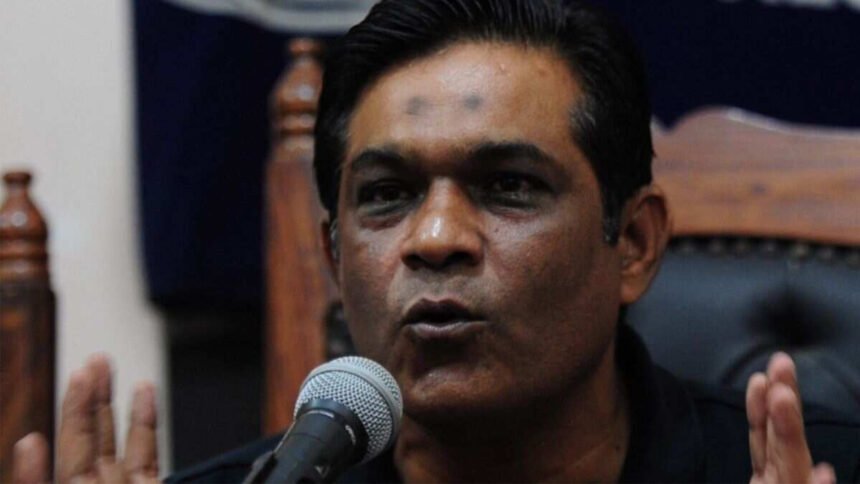The uncertainty around hosting the Champions Trophy 2025 continues, with new developments emerging daily. While India reportedly prefers a hybrid model for the event, some former Pakistani cricketers are openly criticizing the approach.
Rashid Latif, a former Pakistan cricketer, expressed frustration, stating that Pakistan has often been unfairly targeted in cricket and other matters. He suggested that the PCB should take a firm stance, even proposing that the Champions Trophy be scrapped if conflicts persist. Latif also highlighted concerns about India’s potential boycott and its implications for Pakistan’s position in the cricketing world.
The Champions Trophy’s future is uncertain after the BCCI informed the ICC that the Indian government has denied permission for the team to travel to Pakistan for the tournament. This decision has left the status of the event hanging in the balance, raising questions about how it will proceed or if it will happen at all.
The Pakistan Cricket Board (PCB), led by Interior Minister Mohsin Naqvi, firmly opposes using the hybrid model for the Champions Trophy, which was implemented during last year’s Asia Cup. Instead, the PCB insists that the entire tournament should take place in cities like Lahore, Karachi, and Rawalpindi. However, the recent rise in tensions in Pakistan, including the arrest of nearly 1,000 supporters of former Prime Minister Imran Khan, may negatively impact the PCB’s position during upcoming meetings. These developments are unlikely to strengthen Pakistan’s stance on hosting the event.
Supporters of former Pakistan Prime Minister Imran Khan clashed with authorities in Islamabad, demanding his release. Khan’s aides claim that many protesters suffered gunshot wounds during the chaotic scenes that unfolded overnight in the city. The unrest intensified as his supporters stormed the capital, further escalating the situation.
The ICC believes that the hybrid model is the most viable solution to satisfy all parties involved, as it has limited influence over the decisions made by its member boards. This approach allows for flexibility and compromise among the various stakeholders.










